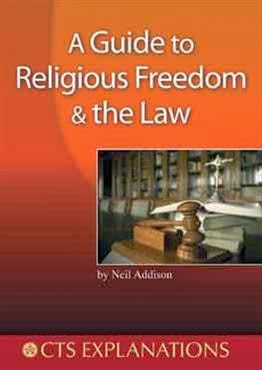Following my earlier Blog on the US Supreme Court Hosanna-Tabor case I have been reading the Judgment again.
The main judgment given by Chief Justice John G. Roberts Jr., was based largely on the courts’ determination that Perich qualified as a “minister” and that “ministerial exception” therefore applied to her. The court noted that Perich had been “commissioned as a minister” and was considered a “called teacher,” who had received a calling from God to fill the position. She taught both religion and secular subjects, and she regularly led students in prayer and devotional exercises.
However, in a concurring opinion, Justice Clarence Thomas went further, arguing that the court should not have tried to make its own determination of whether or not Perich could be considered as a minister.
“the Religion Clauses require civil courts to apply the ministerial exception and to defer to a religious organization’s good-faith understanding of who qualifies as its minister.......the question whether an employee is a minister is itself religious in nature, and the answer will vary widely.”
In contrast to Justice Thomas but also in striking contrast to the UK cases Justices Alito and Kagan in their concurring opinion in the Hosanna-Tabor judgment stated that the term “minister” or indeed the theological significance of the role was not the central factor in the case.
They observed that the word “minister” was "rarely used by Catholics, Jews, Muslims, Hindus, or Buddhists.” and suggested that rather than Courts engaging in a debate about title or ordination, the real issue was safeguarding the autonomy of religious organizations to govern their internal affairs



No comments:
Post a Comment